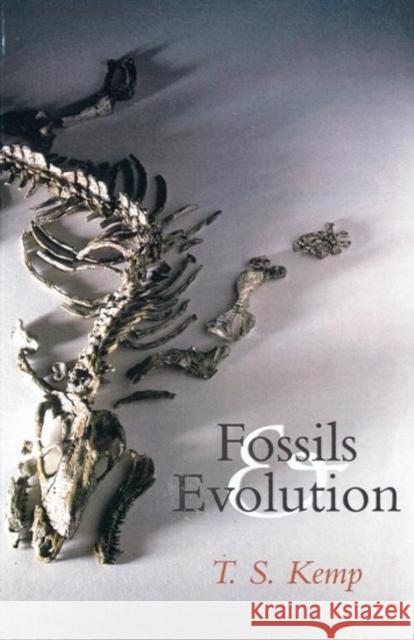Fossils and Evolution » książka
Fossils and Evolution
ISBN-13: 9780198504245 / Angielski / Miękka / 1999 / 296 str.
Rather than survey of the extensive data, this book focuses on the ideas, methodology and scope of contemporary palaeobiology. It examines the complex interdependence of evolutionary theory and the interpretation of the fossil record. The author demonstrates that this is not the circular argument between pattern and process sometimes alleged, but a matter of understanding carefully the interrelationship between palaeontological and neontological evidence. The first part of the book consists of four chapters outlining the central principles: the nature of the pattern/process relationship, taxonomic methods and the analysis of pattern, evolutionary theory and the analysis of process, and the nature of incompleteness of the fossil record and what to do about it. The second part is then devoted to five central areas of contemporary research in evolutionary palaeobiology: fossils and phylogenetic inference; the mechanism of speciation; taxonomic turnover on the geological time-scale; mass-extinctions; and the origin of new higher taxa. In each case the nature of the questions and the relevant kinds of evidence, including such new sources as molecular sequence data and stable isotope ratios, are reviewed.











